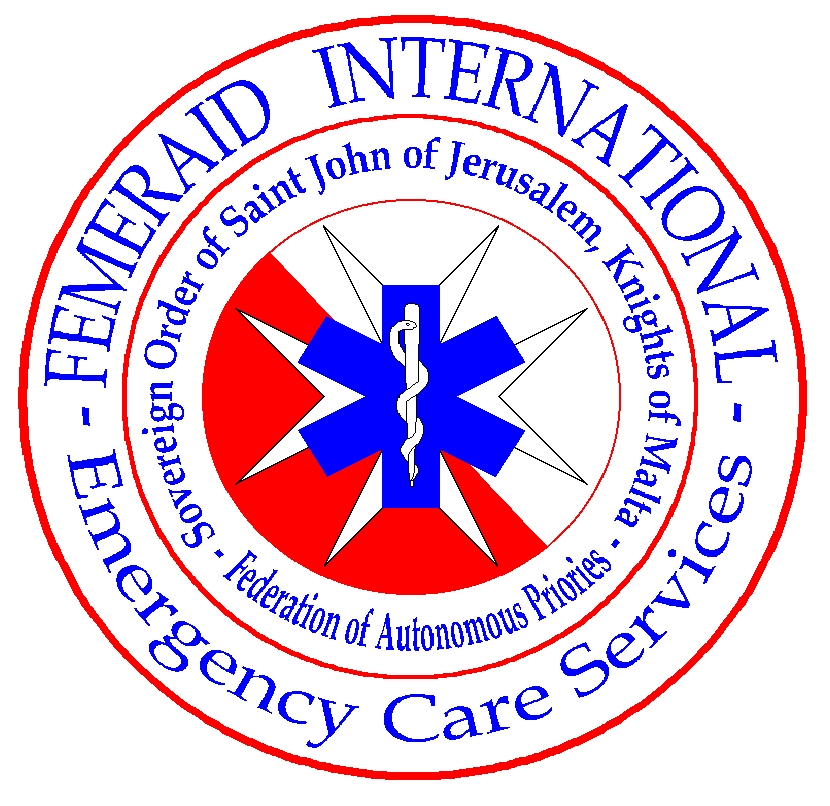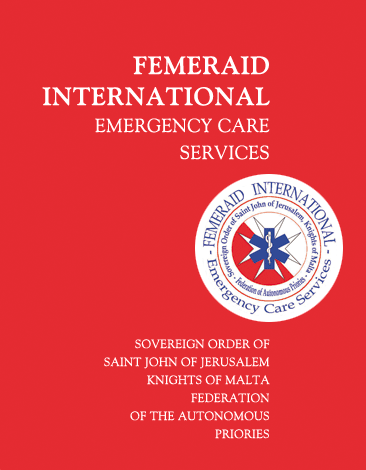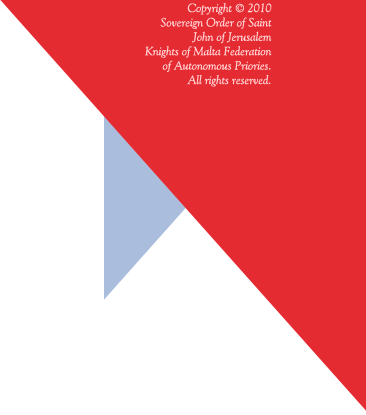
Lighthouse and Headquarter of FEMERAID International - The Netherlands Branch
The address of the Lighthouse and Headquarter FEMERAID International - The Netherlands Branch from where the activities and coordination in the Kingdom of The Netherlands is organized and the establishment of a physical place of reference is:
Lighthouse and Headquarter FEMERAID International - The Netherlands Branch:
- Director: Sir Dr. Frank Philipoom
- Chief Human Resources Officer (CHRO) Chevalier Ing. Hans Waning
- Office Manager (OM) Mrs. Drs. Valery Buitenhuis
Report: September 2012
The Unit specialised in Urban Security assists in a wide range the fight against Bullying and Domestic Violence. Assistance Services and Emergency Care Services is reaching out to 210 kids and adults a week.
Bullying is a form of aggressive behavior manifested by the use of force or coercion to affect others, particularly when the behavior is habitual and involves an imbalance of power. It can include verbal harassment, physical assault or coercion and may be directed repeatedly towards particular victims, perhaps on grounds of race, religion, gender, sexuality, or ability. The "imbalance of power" may be social power and/or physical power. The victim of bullying is sometimes referred to as a "target." Bullying consists of three basic types of abuse – emotional, verbal, and physical. It typically involves subtle methods of coercion such as intimidation. Bullying can be defined in many different ways. Bullying ranges from simple one-on-one bullying to more complex bullying in which the bully may have one or more 'lieutenants' who may seem to be willing to assist the primary bully in his bullying activities. Bullying in school and the workplace is also referred to as peer abuse. Bullying can occur in any context in which human beings interact with each other. This includes school, church, family, the workplace, home, and neighborhoods. Bullying also exist between social groups and social classes.
Domestic violence, also known as domestic abuse, spousal abuse, battering, family violence, and intimate partner violence (IPV), is broadly defined as a pattern of abusive behaviors by one or both partners in an intimate relationship such as marriage, dating, family, or cohabitation. Domestic violence, so defined, has many forms, including physical aggression or assault (hitting, kicking, biting, shoving, restraining, slapping, throwing objects), or threats thereof; sexual abuse; emotional abuse; controlling or domineering; intimidation; stalking; passive/covert abuse (e.g., neglect); and economic deprivation. Alcohol consumption and mental illness can be co-morbid with abuse, and present additional challenges in eliminating domestic violence. Awareness, perception, definition and documentation of domestic violence differ widely from country to country, and from era to era. Domestic violence and abuse isn't limited to obvious physical violence. Domestic violence can also mean endangerment, criminal coercion, kidnapping, unlawful imprisonment, trespassing, harassment, and stalking.
New on the program is teaching Dutch children falling-skills to reduce the risk of injuries related to physical activity and sport by 50%.!!! Main problems are: Obesity, less physically active children, many injuries due to children falling (for 8-12 year old children in the Netherlands: sports: 20.000 injuries, in and around home 20.000 injuries of which 4.000 playing outside, seriousness: 45% fractures of which many wrist fractures > trend +32%) decrease in motor skills, wrong falling skills and techniques. This training method (incl. DVD) is recently translated in the English language. Assistance Services is reaching out to 345 kids and adults a week and has the support of the Consumer Safety Institute in the Netherlands.
The package was implemented at primary schools during PE classes by PE teachers. Methods used: 1 Questionnaire (attitude, knowledge, risk perception 2 skills / techniques and 3 Injury registration (continuous) by Intervention Group and Control Group. Research performed by VU EMGO Institute Budapest 2011, June 16.Conclusions and recommendations: the program reduces injury due to falling by 50%, is especially effective for inactive children and positively evaluated by teachers as well as children. It should be implemented nationwide to have impact. Adaptations to the program must be made to make it easier to put into practice more structurally (as e.g. the effects on knowledge and skills disappear over time). Most heard response: “Isn’t this program treatment or symptoms instead of dealing with the actual cause?” Yes, BUT the actual problem isn’t solved on the short term: schools: more PE classes/hours, parents: less computer activity, more outdoor playing for their children, city’s / villages: create safe playgrounds and safe ways for children to get there. This program reduces injuries here and now by 50%. The Unit is working on a nationwide implementation. The Initial development and research was funded by the Dutch Ministry of Health, Welfare and Sports. Additional funding will be needed for further implementation research.
The Lighthouse and headquarter of FEMERAID International - The Netherlands Branch is now working from 3 locations:
FEMERAID International - The Netherlands Branch is working together with: ‘Heal the World Ltd.’, ‘Foundation and Federation for Violence Aid Care Services’, ‘IBSSA Child Security Department’ and ‘Intergovernmental Child Cyber Control Organization’.



